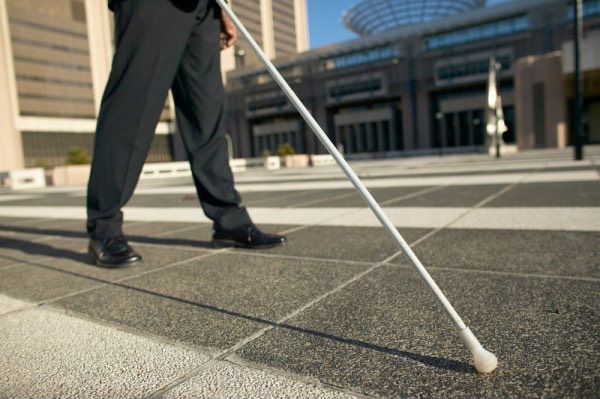Blind people are slower to identify a person’s race and slower to form stereotypical assumptions about a person based on their race. This is the conclusion of a small study conducted by Asia Friedman, assistant professor of sociology at the University of Delaware.
The study of 25 blind people found that blind people on average took a deliberative method of accessing a person’s race. Blind people were often wrong in their assessment of a person’s race even after a lengthy association with a person. Blind people felt themselves superior to sighted people in their lack of immediate assignment of race and stereotypes that go along with race.
Blind people that lost their sight think of race in visual terms just like sighted people. People that were born blind use other senses to access race. The majority of the blind people that participated in the study did have cultural stereotypes and did make racial assumptions based on their perception of a person’s race. The behavior could be attributed to what a blind person has heard or been taught about other races. The behavior could also be an evolutionary holdover that developed to protect one’s own small group.
Friedman had hoped to uncover a new criterion that eliminated race as a measure of a person based on visual interpretation and assumptions. She admits that racial stereotyping appears to have a biological aspect even in blind people. The study does possibly show a feeling of superiority on the part of blind people over sighted people. The research is the first that analyzed race based on the evaluation of people that were born blind and people that became blind later in life.















